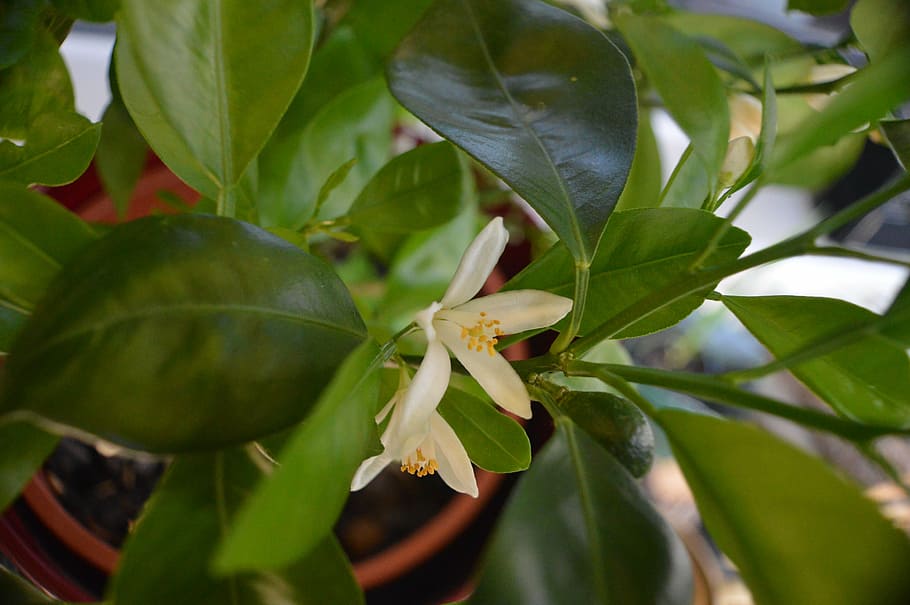Neutrog’s Microbiologist and R&D Manager, Dr. Uwe Stroeher talks about balanced nutrition for your plants.
We know that a balanced diet is required for us to be healthy and to perform at our peak, and for plants it is no different. Plants need balanced nutrition.
Often people look at a packet of fertiliser but only look for levels of nitrogen, phosphate and potassium, but plants need so much more. Other critical nutrients which are required in relatively high levels are things like sulphur, magnesium and calcium as well as a whole range of trace or micronutrients such as iron, zinc, manganese – the list goes on. There are a plethora of plant issues related to the incorrect feeding of plants, but these can be overcome by using a nutritionally-balanced fertiliser and feeding your plants on a regular basis.
You can’t just throw out a heap of fertiliser and expect your plants to live on that for a year or more. Firstly you may damage your plants by using too much, particularly if using chemical fertilisers. In addition, much of the nutrition is lost to the environment by getting washed away or the nitrogen is lost to the atmosphere. In this case, an organic based fertiliser is far better, as there is less chance of damaging your plants, and the release rate is slower, so it gives the plants time to take up nutrients.
Some plants such as root vegetables and those that have bulbs can store a lot of nutrients, but for other plants, nutrients can’t be stored efficiently. Whatever is stored is generally used in spring after winter dormancy. Ideally you don’t want to rob your plants of its reserves, so a continual supply of nutrients is the perfect way to feed your plants most efficiently. In other words, it’s better to fertilise more often, but with less. In this way your plants get that continual feed.
So once every three to four months put out some organic fertiliser. If you’re using something based on composted chicken manure, say Seamungus in winter or Gyganic for your vegetables, then you are giving your plants a balanced feed. This is because the chickens are given a balanced diet, and the excess comes out in their droppings and ends up in our composted material. This includes just about every conceivable macro and micronutrient for your plants, along with organic carbon, which is the ideal food for your soil microbes. You only get this in an organic fertiliser, so an organic fertiliser based on composted chicken manure is the best option for your plants.

